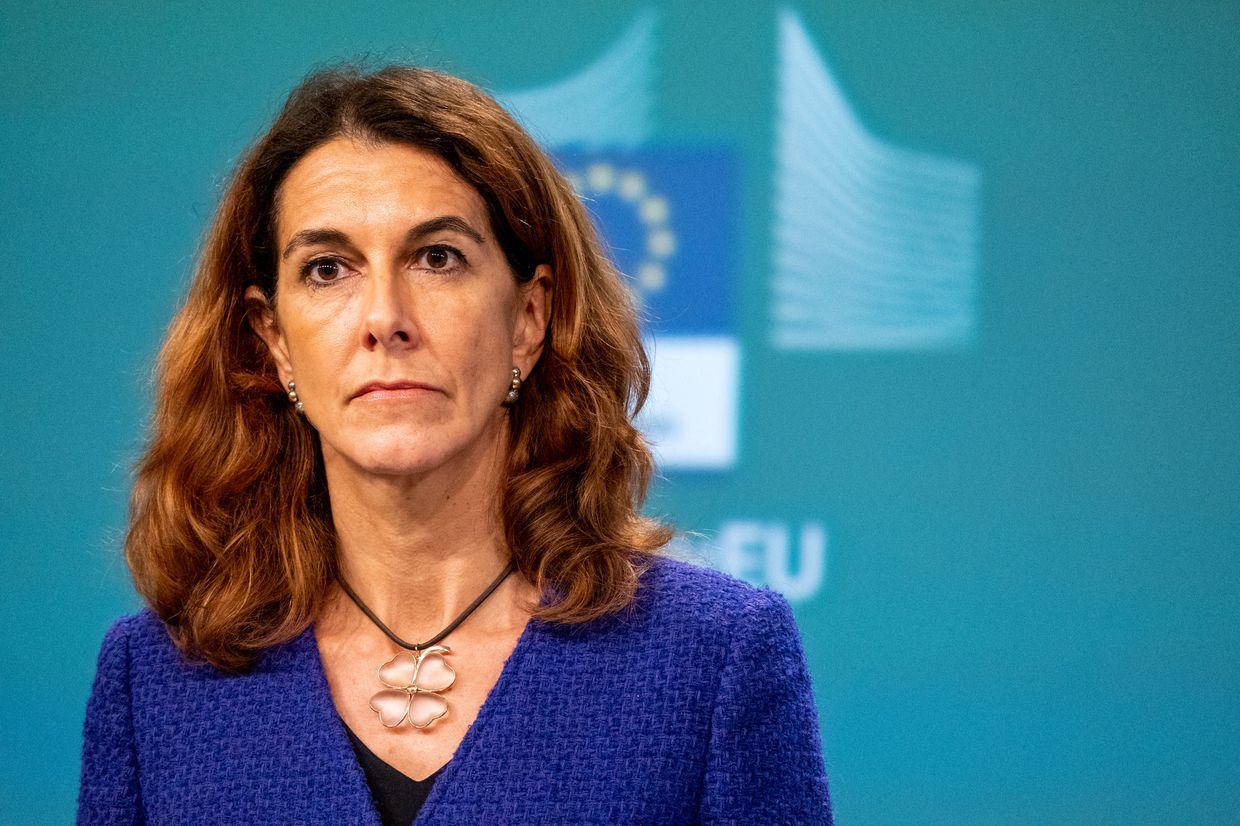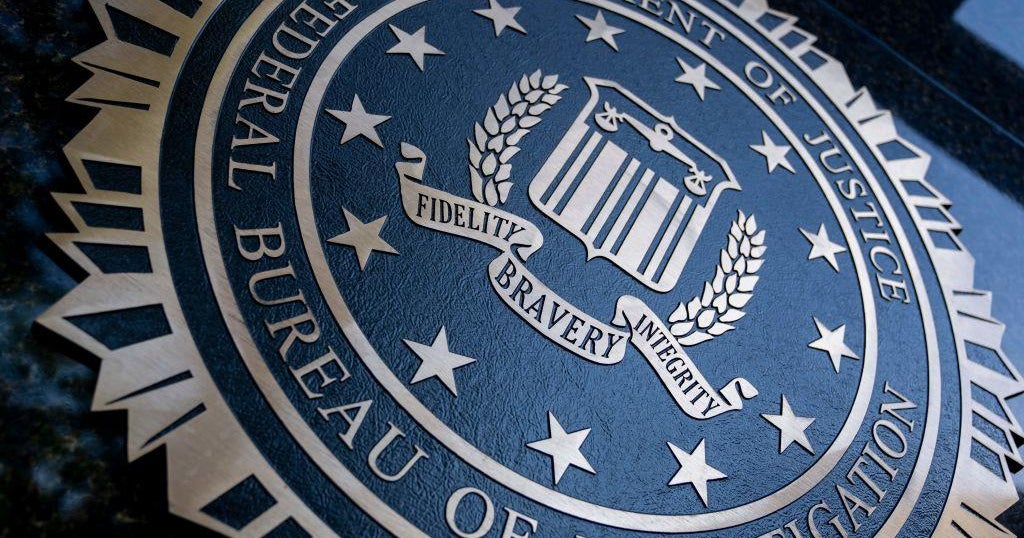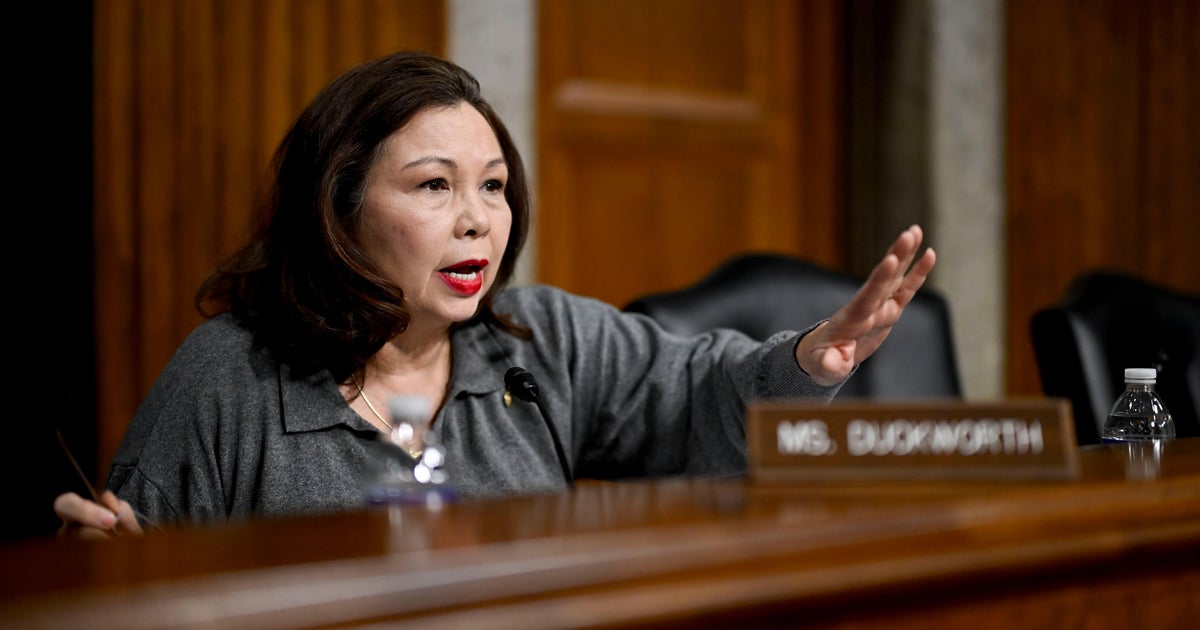UPDATED with additional details, FCC commissioner comment: Paramount Global has been in detailed discussions with Donald Trump‘s team about settling his lawsuit against CBS over the way a 60 Minutes interview with Kamala Harris was edited last year, we can confirm.
Any settlement would be a highly conciliatory gesture to Trump. He was not even part of the 60 Minutes piece, but he sued the network for $10 billion under Texas Deceptive Trade Practices Act, which is generally aimed at false advertising.
But Paramount Global is seeking the greenlight for its sale to Skydance, something that requires the regulatory approval of the Trump administration. Brendan Carr, who Trump appointed to lead the FCC, has indicated that the 60 Minutes interview would be part of its review of the transaction. CBS News said today that it would comply with an FCC notice of inquiry to provide an unedited transcript and camera feeds of the interview.
The New York Times, which first reported on the talks with Trump, reported that Paramount Global’s controlling shareholder Shari Redstone has strongly supported a settlement.
“This shouldn’t be surprising. A deal would make things a lot easier for Shari and the whole company going forward,” a Paramount insider told us on Thursday evening.
Trump’s legal team had a deadline of today to respond to CBS’ motion to dismiss the case, but they have asked the judge to push the date back a week.
Within the news division, one insider described a “range of emotions from New York to D.C. to LA. as mild unhappiness to alarm.” 60 Minutes operates as a separate entity within the division, but there is frustration and fear of a settlement’s impact on morale, and that the situation got to this point, not just on the show but within the division. Wendy McMahon president and CEO of CBS News and Stations, and Bill Owens, the executive producer of 60 Minutes, are said to have expressed their opposition, but staffers also seemed a bit resigned to the fact that the decision is being made at the highest levels of the company.
After the 60 Minutes segment aired, Trump had claimed that the interview was deceptively edited, as Harris gave a different response to a question about Gaza in a promo for 60 Minutes than the one that aired. But CBS vigorously defended the interview, rejecting that it was deceptive, and said that the different answer on the show was merely for time purposes. The show itself said, “Same question. Same answer. But a different portion of the response.”
It’s also a common practice in the news business to trim answers for length. In responses to Trump’s lawsuit, CBS called the litigation “completely without merit” and said that it would “vigorously defend against it.”
In their response to the lawsuit, as part of a motion to dismiss, CBS’ lawyers said, “Plaintiff’s attempt to punish Defendants for their editorial judgments is barred by the First Amendment.” In their merger filing earlier this month, Skydance and Paramount Global had made similar arguments in response to a conservative group’s complaints that CBS’ news programming was biased and should be addressed as a merger condition. Skydance-Paramount said that such conditions would “amount to an attack on the First Amendment itself.”
Trump has a long track record of filing lawsuits against media entities and, up to now, many of the major outlets have fought the cases. The 60 Minutes lawsuit, with its $10 billion damages figure that exceeded the cost of all spending in the 2024 election, was widely viewed by legal experts as frivolous. CNN and the New York Times successfully won dismissals of cases Trump brought against them in recent years.
The difference this time is that Trump is back in the White House at a time of dramatic changes in the media landscape, with widespread speculation that media companies will pursue other mergers that need regulatory approval or that they don’t want to deal with the hassle of the president’s wrath.
ABC settled a Trump lawsuit he brought against the network and George Stephanopoulos over an interview the anchor did on This Week in March. The settlement had the network paying $15 million to Trump’s library and $1 million in legal fees.
Earlier this week, Meta settled Trump’s 2021 lawsuit after he was suspended from the Facebook and Instagram platforms following the January 6 attack on the Capitol. The settlement calls for Meta to pay $25 million to help fund the Trump library, as well as to other plaintiffs and lawyers in the case.
Asked about the settlement talks, a Paramount Global spokesperson said “No comment.”
Anna Gomez, one of two Democrats on the FCC, said in a statement that Carr’s investigation into 60 Minutes “disregard long-standing norms and ignore the mandate granted by Congress to the FCC to act as an independent agency. They also set a dangerous precedent that threatens to undermine trust in the agency’s role as an impartial regulator.”
“Let’s be clear,” she said. “This is a retaliatory move by the government against broadcasters whose content or coverage is perceived to be unfavorable. It is designed to instill fear in broadcast stations and influence a network’s editorial decisions.”















